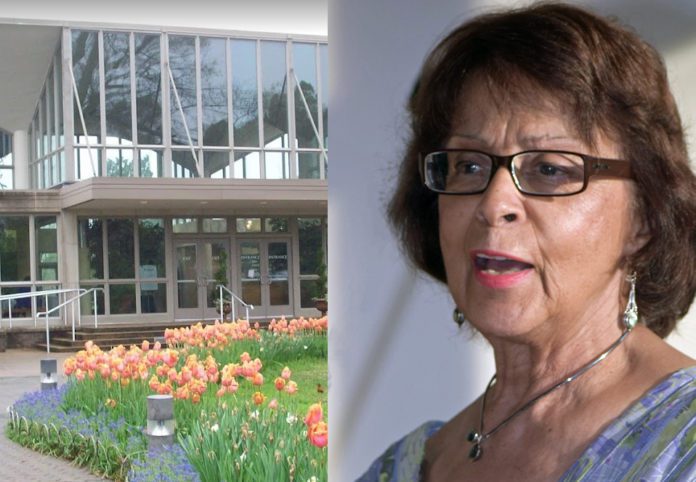A push to rename Audubon Park and its lake is expected to be stalled until Feb. 7 when the Memphis City Council is set to discuss two proposed re-naming ordinances.
Memphis City Councilmember Patrice Robinson has proposed renaming the park Memphis Botanical Park after the nearby Memphis Botanic Gardens.
The park’s lake would be named in honor of civil rights activist and historian Miriam DeCosta-Willis.
Discussion on the ordinances was delayed for two weeks at the council’s session on Jan. 24.
The name changes hit a fast track following an editorial in The Daily Memphian by local attorney Thelma Crivens.
The opinion piece argued for abandoning the current name due to the legacy of its namesake, John James Audubon. An owner of nine slaves, Audubon was a self-trained artist, naturalist, and ornithologist.
In addition to cataloging and drawing the various types of birds in 19th century America, Audubon also argued in writings that Blacks and Native Americans were inferior to whites.
Numerous locations, landmarks and organizations bear his name across the country.
An educator, DeCosta-Willis was the first African-American faculty member at Memphis State University. Born in Alabama in 1934, the professor of romance languages and African-American Studies eventually taught at several schools in Memphis and Washington D.C., including Historically Black Colleges and Universities such as LeMoyne-Owen College and Howard University.
She also published more than a dozen books, ranging from Afro-Latino literature, biographies, and the history of Black Memphis. She died in January 2021.
Other efforts have been made to drift away from the Audubon name and its connotations.
Last year, a Maryland organization changed its name from the Audubon Naturalist Society to Nature Forward.
According to the Nature Forward website, the new name is “the most recent step in living up to our ideals of inclusion, diversity, equity and accessibility and reflects our belief in Nature for All in the DC region.”
The website post notes that while Audubon’s art was a catalyst for bird conservation in the nation, “he was a documented white supremacist and an enslaver. Based on what we heard from many members of our community, retaining his name without regard to the pain that he inflicted on Black people and other people of color would be a disservice.”
The nation’s largest nonprofit dedicated to the conservation of birds and their habitats, however, remains The Audubon Society.



